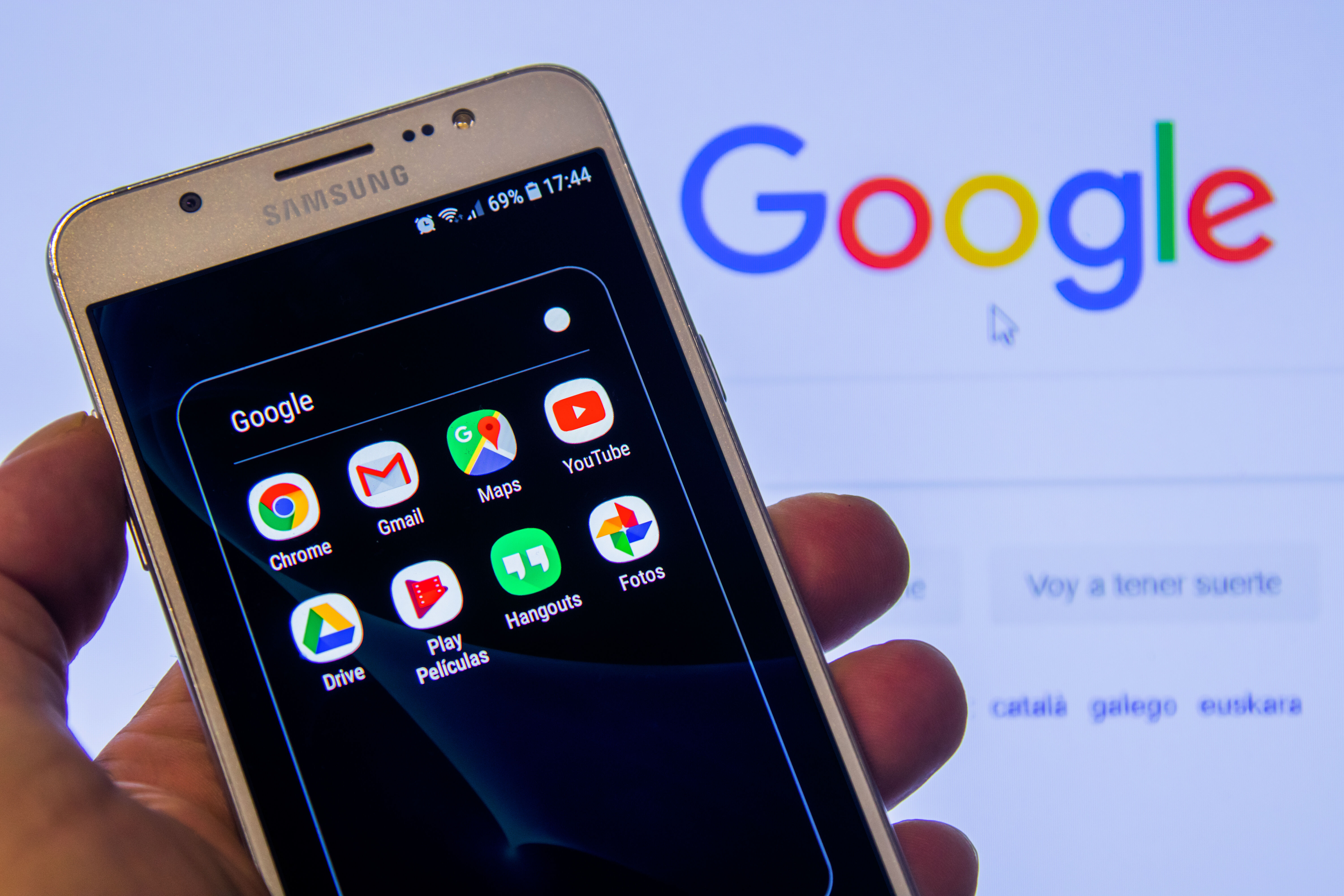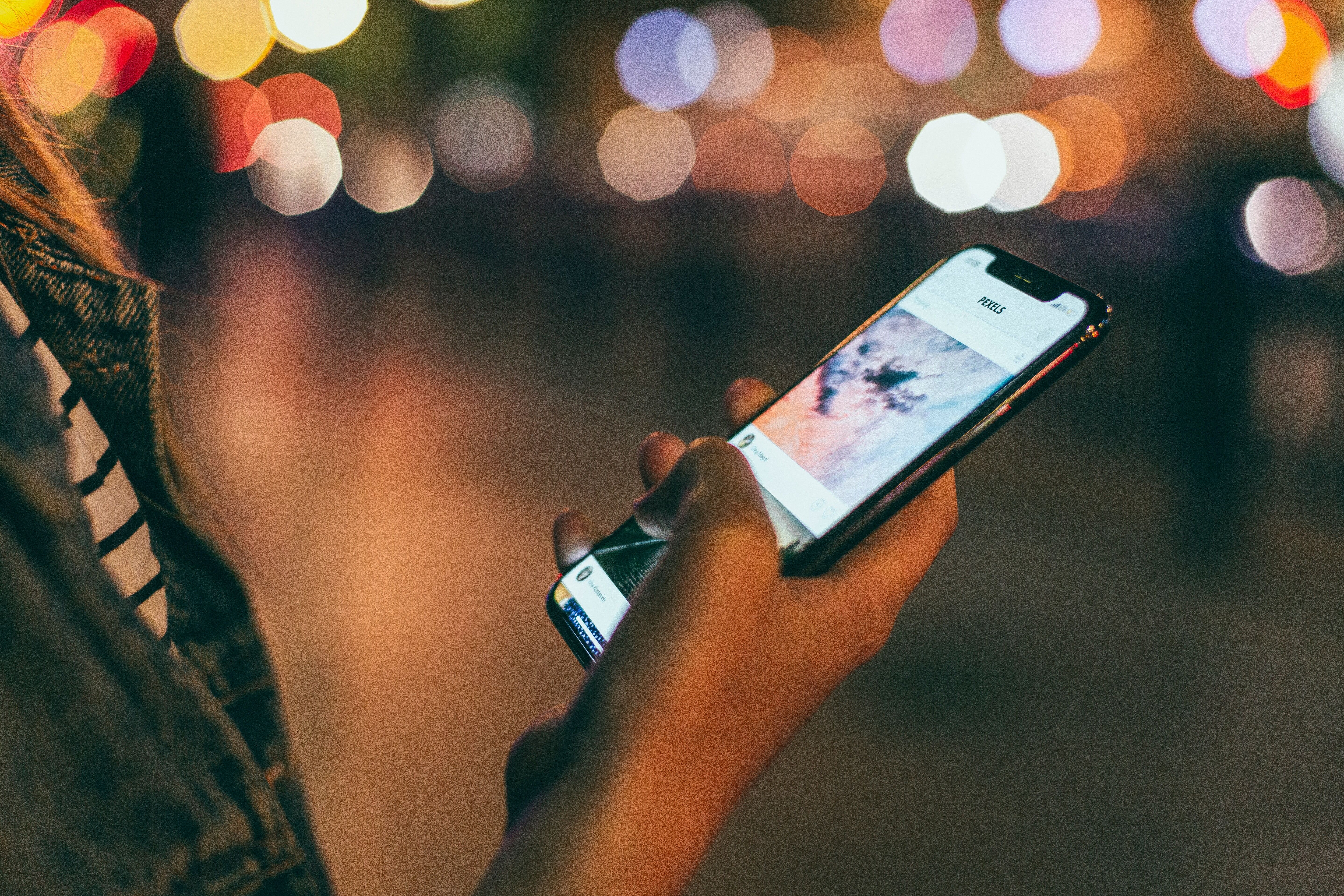If you're like most people, you probably use Google (or Google Services) several times a day. You might look up the weather forecast (Google Search), find out the quickest way to get to the mall (Google Maps), send an email to a friend (Gmail), or do a yoga video (YouTube).
And while Google is super useful, it's also worth remembering that this internet giant knows a whole lot about you. In fact, Google has been amassing data about its users for years. (Name another search engine that is listed in the Merriam-Webster Dictionary…we’ll wait.)
It's no secret that Google is tracking its users and collecting lots of information about them. But have you ever considered exactly what kind of information Google knows about you and what they're doing with it?
Let's take a closer look at the data Google collects from its users, where they’re getting all the data, and how to control what you share.
Google Knows More Than You Think They Know

Let's be honest - Google is a master of data collection. If you have a Google account or use Google products, you've likely already given them some information yourself - name, contact information, and documents you've saved on Google Drive to name a few.
What you may not realize is that Google tracks your location history, your search history, which YouTube videos you watch, the type of device you're using, and the apps you download on that device. Even an Android phone or tablet is a point of access.
What's In A Google Search?

Most people have had ads related to recent Google searches follow them on various websites for days or even weeks after the search. This is because Google stores your searches and search results, and tracks which links you click on each website you visit while searching.
Why? Ad personalization. Google uses your search history (and app activity and YouTube history and any other activity in your Google account) to target ads and create a personal experience specifically geared to you.
When you search Google and immediately see ads for the products related to that search on the next website you visit, you see how quickly ad personalization can work.
Google Maps & Google Photos - Location, Location, Location

Google Maps is the best navigation tool out there. And if you've been using Google Maps? Google knows everywhere you've been.
Ditto if you've used Google Photos.
If you're not sure if you've used Google Photos, here's a simple quiz to find out: Do you have an Android phone? If the answer is yes, and you're using your camera, you're using Google Photos.
Unless you've specifically turned it off, Google Photos collects data for the location of every photo.
Why does Google care about your location history? Because it wants to serve you relevant ads, give you helpful recommendations, and provide a nice, personalized experience for you when you're using their services. By knowing where you’ve been, Google can predict where you want to go.
What Your Browsing Data Says About You (According To Google)

Google thinks it can tell a lot about you from the links you've clicked and the sites you've visited on the web. The data collected on you is used to create a profile of who Google thinks you are.
For example, what's your marital status? A married person probably isn't shopping for engagement rings, and a single person probably hasn't searched for why their wife gets more lovable every day.
What are your political views? Google knows if you've visited the website of a political candidate or organization. If you visited the donation page while you were there, they know that too. Certain news organizations are known to lean in different political directions. Google knows which ones they are and how many times you've been on their sites.
Are there children in your household? If you've been searching for "videos - Peppa Pig", the answer is probably yes.
What do you like to do? If your searches contain things like "state park near me", "used cross country skis", and "how long does it take to hike the Long Trail end to end", Google knows you're interested in the outdoors.
You can see for yourself what Google knows about you (or what they think they know) by visiting My Ad Center. This site also gives you the option to turn off your ad personalization.
Google Knows Everything About You - But What If You Don't Want Them To?

So, what can you do to stop Google from tracking your every move? What if you don't WANT them to know everything you do on the World Wide Web?
The good news is, you can adjust your settings in Google to limit the data collection happening to you.
Turn off your location history. In this article, Google shows you how to manage your location history either by using the Google Maps app or on a web browser.
On this page, Google lets users choose their privacy settings for web & app activity, location history, and YouTube history.
Consider using alternative search engines. DuckDuckGo is a popular choice. Learn how DuckDuckGo protects its users' privacy and how they differ from Google.
Gmail is not your only option for email. Cybernews compiled a list of the best alternatives to Gmail to protect your privacy, and the pros and cons of each.
While Google and its services are deeply entrenched in our world, we do have some control over how much Google tracks us.
The Bottom Line
Google's massive data collection may not be a bad thing, but it also doesn't have to be your thing. Take control of your privacy settings. Stay informed about alternatives to Google and its services. Decide how much of your data you want to share.
If you'd like to continue this conversation, or simply say hello, please do so.



